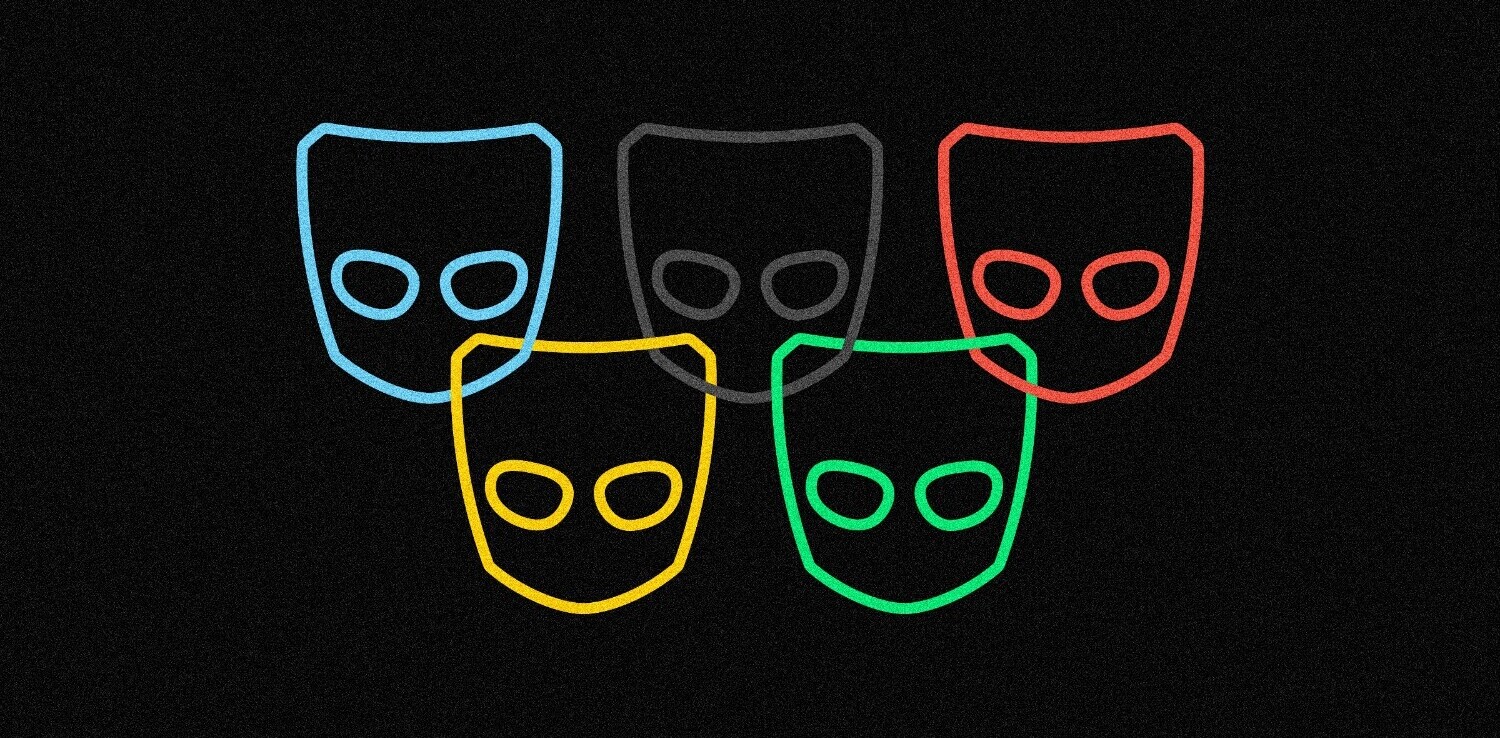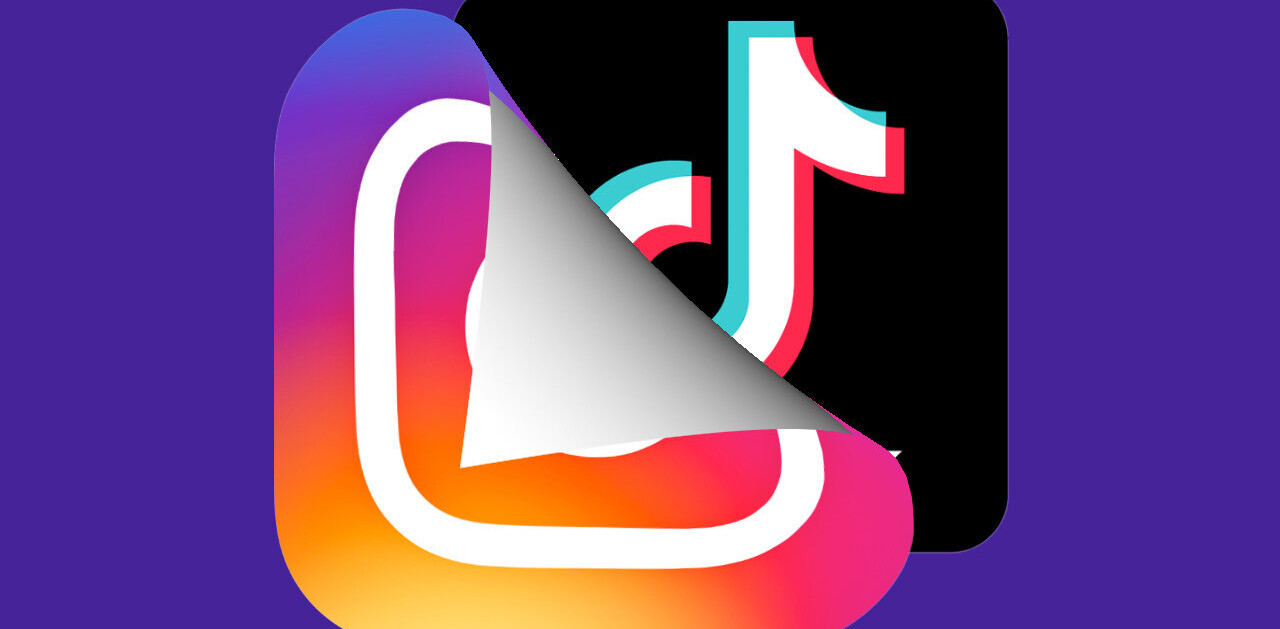
What’s the first thing you do when you wake up in the morning? If it’s reach for your smartphone to check various social networks, you’re not alone. More of us are logging on to check our mentions, followers, likes and +1s before we brush our teeth, stretch our legs or check if the sun is shining. So, when do social network check-ins turn into obsession?
The new addiction
When you hear the word ‘addiction’ perhaps you think of alcohol, drugs and sex. But what about social media? Over recent years there’s been an emergence of studies into social media as a new form of addiction.
Research by Retrevo Gadgetology looked into how people use social networking sites. Out of those asked, 45% said they check Facebook or Twitter after getting into bed. People under the age of 25 were the more extreme with 19% saying they log on any time they wake up during the night, 27% said they sometimes check when they wake up during the night and 32% check in first thing in a morning.
In 2010, students at the University of Maryland were asked to give up all media for 24 hours. This included access to social networks and ‘i’ devices. Among the conclusions of the study by the International Center for Media and the Public Agenda (ICMPA) was that many of the 200 students studied showed signs associated with drug and alcohol addiction. These included withdrawal, craving and anxiety. One student reported:
Although I started the day feeling good, I noticed my mood started to change around noon. I started to feel isolated and lonely. I received several phone calls that I could not answer. By 2pm I began to feel the urgent need to check my email, and even thought of million ideas of why I had to. I felt like a person on a deserted island…. I noticed physically, that I began to fidget, as if I was addicted to my iPod and other media devices, and maybe I am.
This week OFCOM published a report on the UK’s addiction to smartphones. In it the regulator commented on how smartphones are changing the way users behave in social situations. The study of users in the UK found that 81% have their phones switched on at all times. 51% of adults and 65% of teenagers admitted using their phones when with friends or family with 23% of adults and 34% of teenagers using them at meal times.
The pursuit of happiness

So why does technology spark these behaviors in users? Some claim it’s all down to dopamine. Dopamine is a neurotransmitter, a messenger to the brain, and causes seeking behavior. In social media, this seeking takes the form of refreshing timelines, checking for mentions, monitoring our retweets, likes and +1s. It’s a constant search for information. The problem, as Susan Weinschenk writes, is that the speed of the Internet provides instant gratification and as a result creates a ‘dopamine induced loop’.
Want to talk to someone right away? Send a text and they respond in a few seconds. Want to look up some information? Just type it into Google. What to see what your friends are up to? Go to Twitter or Facebook. We get into a dopamine induced loop… dopamine starts us seeking, then we get rewarded for the seeking which makes us seek more. It becomes harder and harder to stop looking at email, stop texting, stop checking our cell phones to see if we have a message or a new text.
As the Internet and social media continues to evolve there are more and more ways to monitor and seek information. Sites such as Klout, TwitterCounter and SocialStatistics make it even easier to keep track of our social status.
When curiosity turns to obsession

So all this seeking is exhausting but does it actually do any harm? Well it’s definitely not good to be locked into a loop of frantically checking for updates but if Internet addiction on a whole is anything to go by social media addiction is not far from becoming a lot more severe.
The number of so-called ‘web addicts’ has increased dramatically in recent years with some horrifying cases. In 2010, we reported on a couple from South Korea who allegedly allowed their baby to starve to death while playing online games. The two reportedly spent 12-hour stretches on the Internet only feeding their baby once in-between. Later the same year, another South Korean woman was arrested after she allegedly killed her 3 year old son after he disturbed her from her online gaming.
Three years before these attacks the South Korean government opened some 140 internet-addiction counseling centres to run alongside treatment programs in the country’s hospitals. The Jump Up Internet Rescue School is one of these centres. At the boot camp young people take on outdoor activities and obstacle course, attend counseling sessions and take park in workshops.
But it’s not just South Korea that suffers with the level of addiction. Concerns have also been raised by governing bodies in Japan, China and Malaysia, and now centres in the UK and USA are opening up to deal with the problem.
Conclusion
In the end, like everything in life, it comes down to balance. I am a self-confessed social media junkie. I check-in wherever I go, I’m constantly scanning Twitter, and notifications from Facebook and Google+ ping straight to my iphone, but I still remember to breathe.
As Susan Weinschenk says, it’s a loop, and it can be a dangerous one. Even in writing this post I got myself into a information seeking loop. It’s probably taken twice as long just because I kept finding more and more articles on the subject.
By all means explore the exciting world of social media, just remember to switch off every now and again, even if you don’t actually switch off. If you’re still struggling why not check out this post by Courtney Boyd Myers.

Get the TNW newsletter
Get the most important tech news in your inbox each week.





